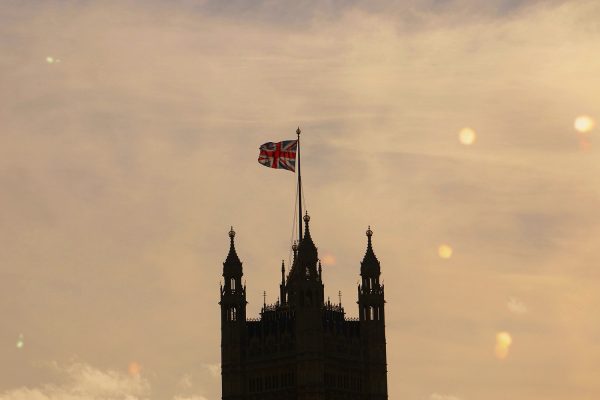
The outcome of Britain’s general election on Thursday underscores the need for electoral reform.
Support for the Conservatives rose from 42.4 to 43.6 percent, but in terms of seats they went up from 317 (48.7 percent) to 365 (56.2 percent) out of 650.
Martin Sandbu of the Financial Times argues this hardly qualifies as a landslide. Boris Johnson “played the electoral system better” better than his predecessor, Theresa May.
Coalitions
There’s a good chance Labour would have been able to form a coalition government with the Liberal Democrats and Scottish nationalists under a proportional voting system, and it would almost certainly have been able to in 2017, when the three parties got a combined 50.4 percent support. (They fell to 47.6 percent this year.)
I’ve long maintained that Britain shouldn’t be afraid of coalition government. The 2010-15 coalition between the Conservatives and Liberal Democrats was the most centrist, pragmatic government Britain has had in a generation and, unlike the two governments that came after it, it sat out its full five-year term.
Most of the countries across the Channel are governed by coalitions and they tend to do better than Britain on various metrics, whether it is the quality of their education or health care system or voter satisfaction with democracy.
The more parties there are, the more people feel they are represented by the political system.
Coalitions are never hugely popular, but because they tend to end up in the center, most voters can usually live with the government of the day and policy is more stable.
Defenders of a first-past-the-post, two-party system argue it creates strong mandates and political stability, but that is clearly not true when a 1.2-point swing in the popular vote can make the difference between a minority government and a sizable majority.
German system
Another argument in favor of the British system is that it gives every constituency its own member of Parliament. But do voters in English constituencies where Labour and the Liberal Democrats split the center-left vote really feel represented by a Conservative MP? Do unionist voters in Scotland if the National Party placed first in their district but the three national parties got a bigger vote share combined?
Even if they do, proportional representation doesn’t require turning the whole kingdom into a single, nationwide constituency, like the Netherlands.
Jeremy Cliffe, formerly of The Economist, now with the New Statesman, points out that the German system gives every constituency its own representative but is also proportional:
There is no good reason why Britain should not adopt it. The two big parties are just scared of losing their inbuilt advantage.
Polarization
At best, two-party systems force voters to choose the lesser of two evils. That was the case for many in Britain on Thursday.
At worst, forcing voters to make an either-or, left-or-right choice in every election polarizes them to the point where partisan loyalties divide communities and politics becomes dysfunctional.
That has happened in America. It doesn’t have to happen in the UK.
